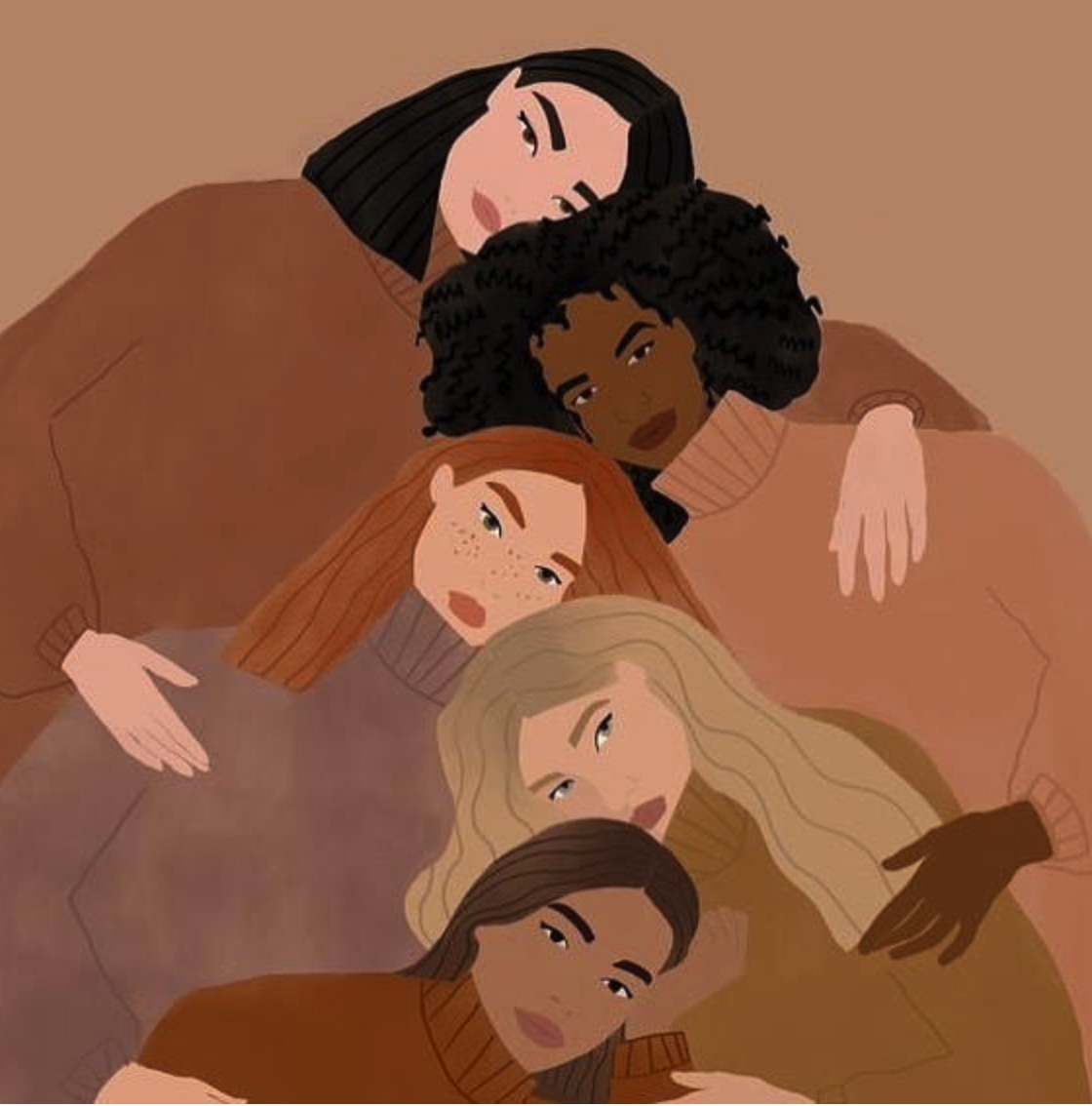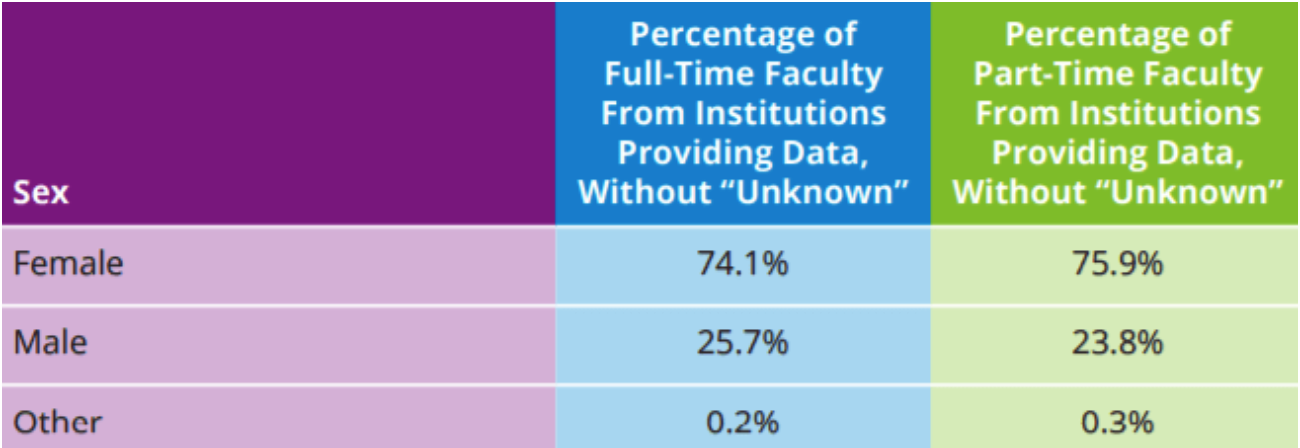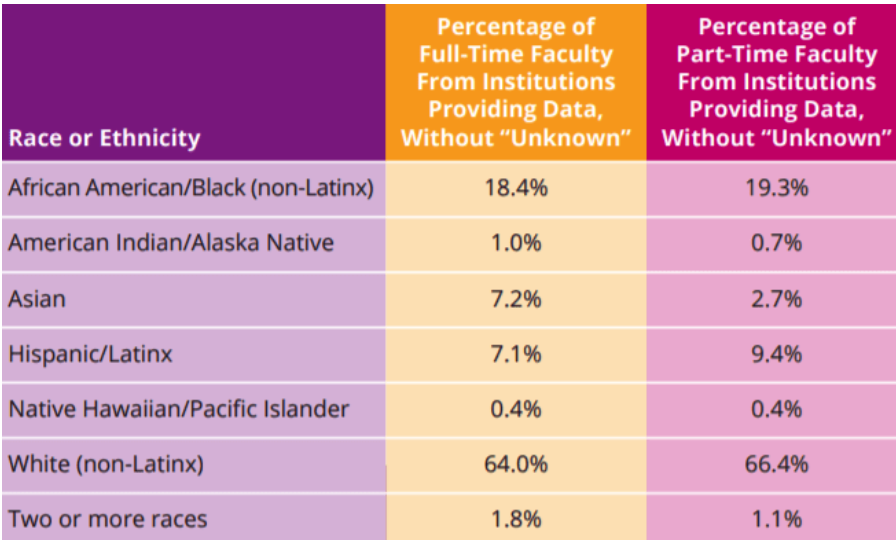Women In Social Work

In honor of women’s history month, I want to take a moment to emphasize the diversity of women in Social Work, and acknowledge contributions to the work of intersectionality that encompasses women’s issues. “Social workers are tasked to examine roles, equity and fairness not only in the profession, but within society and with the women they serve each day (NASW, 2021).” The role of the social worker is to promote social justice in all aspects of life including advocating for meaningful change for a better tomorrow. Social work is an emerging field with women taking the lead in addressing women’s rights. According to CSWE Annual 2019 report, 74.1% full time faculty in accredited Social Work universities are women (Council on Social Work Education, 2019).

Below are the 2019 CWSE statistics of race/ethnicity of the Social Work faculty in Social Work accredited universities.

Since 2005 the CSWE percentages of people of color in accredited Social Work universities has increased. In 2005, the “social work faculty, female and male, Blacks/African Americans constitute about 13%, of whom more than 71% are women; Hispanic/Latino faculty constitute about 5%, of whom 62% are women; Asian American faculty constitute 2%, of whom 57% are women; American Indian faculty constitute 1%, of whom 64% are women; and Pacific Islanders account for less than 1% (Hardin Starks & Vakalahi, 2010, p. 4)”.
Within the 14 years, percentages of women in social work faculty in accredited universities has increased and further assisted with diversifying the profession. Even with the advancement of women right’s, as well as diversifying, women continue to encounter societal barriers. Social Workers are continuing to fight for women’s reproductive rights, end of human trafficking, against interpersonal violence and violence against women, and women in social work continue to challenge oppression. While women in Social Work are advocating for women’s rights, they too are presented with their own challenges of biases and oppression within their line of work. They constantly encounter racial injustices, gender inequality, and oppression as they work towards helping others. Women in Social Work are in the frontline in mediating for change while building the bridge between gaps that need to be filled with equity for all. They are educators to instill knowledge in areas of work that needs more research to keep up with the changes. It begins with educating ourselves to be competent within our own profession to model positive global change. There is so much more work that needs to be done, and part of the work starts with the acknowledgement of the ways women have shaped and changed the Social Work profession. Social workers are essential; Women Social Workers are essential!
References
Council on Social Work Education. (2019). Council on Social Work Education (CSWE) – Annual Report. Https://Www.Cswe.Org/Getattachment/About-CSWE/CSWE-Annual-Reports/CSWE_Annual-Report_19-20.Pdf.Aspx. https://www.cswe.org/
Hardin Starks, S., & Vakalahi, H. F. O. (2010). The Complexities of Becoming Visible: Reflecting on the Stories of Women of Color as Social Work Educators. Affilia, 25(2), 110–122. https://doi.org/10.1177/0886109910364343
NASW. (2021). National Association of Social Workers (NASW). NASW – National Association of Social Workers. https://www.socialworkers.org/Practice/Womens-Issues
Featured Illustration: Carla Llanos Illustrations
This article originally appeared in The SERVE Project blog.